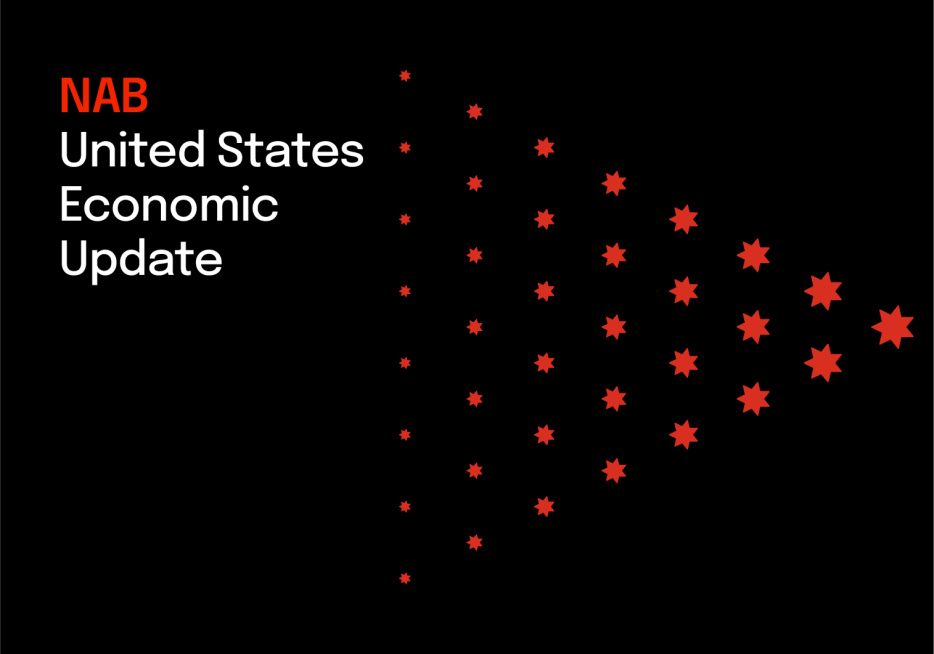US Fed – September cut but still see gradual easing


Insight
Australian wellbeing falls to its lowest level since the survey began. Anxiety is still the biggest detractor of overall wellbeing. A “wellbeing gap” has emerged between the highest and lowest income earners.
Australian wellbeing falls to its lowest level since the survey began. Anxiety is still the biggest detractor of overall wellbeing. A “wellbeing gap” has emerged between the highest and lowest income earners.
The NAB Australian Wellbeing Index fell to 61.7 points in Q2 2014 (64.6 points in Q1 2014). Australians’ rated their life satisfaction, worthwhile life and happiness lower, but were also slightly more anxious. Tasmania remains the highest state for overall wellbeing, with NSW/ACT and Queensland equal lowest.
Among other key findings, those earning $50-75K, females aged 18-29, retirees and labourers were the only groups that rated their overall wellbeing higher in Q2, while overall wellbeing was rated highest by those earning over $100K and lowest for divorced people.
In a Special Report (“Factors Most Impacting Anxiety”) also released today, we examine the key factors that impact personal anxiety and detract from overall wellbeing. General finances had by far the biggest impact on anxiety, followed by physical and mental health, personal relationships and work issues. Substance use/abuse, natural disasters, pregnancy or birth and impending retirement had the smallest impact.
Almost 1 in 2 Australians nominate their general finances as by far the biggest driver of their overall anxiety. Financial concerns weigh more heavily on women compared to men.
In this Special Report, we examine which factors impact personal anxiety most. General finances have the biggest impact on anxiety, followed by physical and mental health, personal relationships and work issues. Substance use/abuse, natural disasters, pregnancy or birth and impending retirement the smallest impact.
Other key findings include: general finances the biggest influence on those aged 50+ and low income earners; physical appearance, household chores/raising a family and personal relationships bigger drivers for women; men more anxious about work issues, job loss/change and buying or selling a home; physical and mental health impact the unemployed the most; lack of time impact high income earners significantly more.
For further analysis download the full reports.
© National Australia Bank Limited. ABN 12 004 044 937 AFSL and Australian Credit Licence 230686.